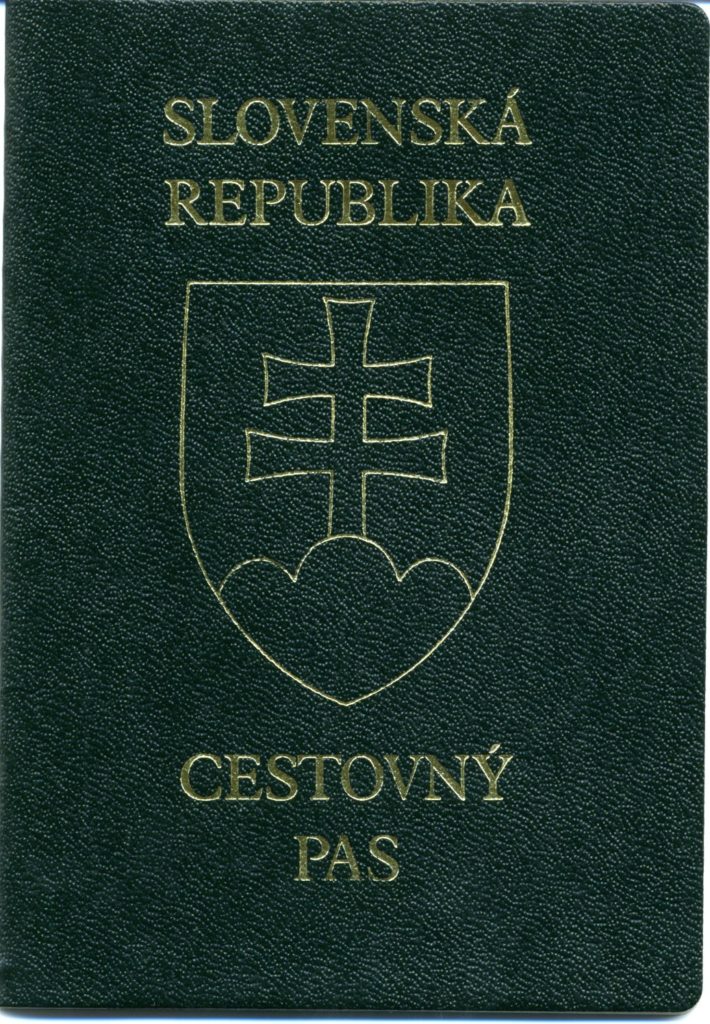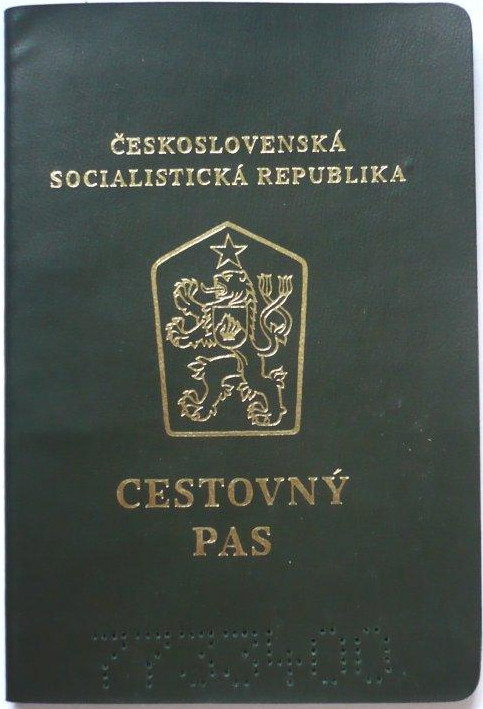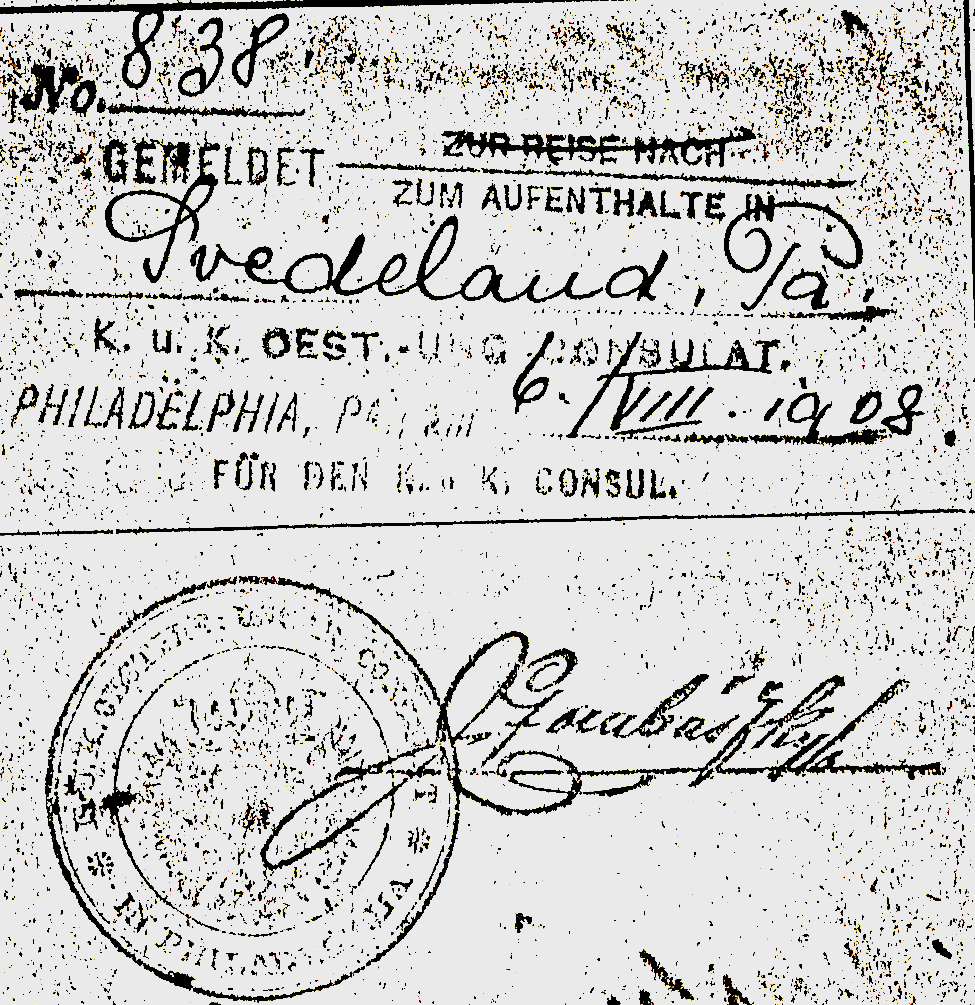Slovak Citizenship by Descent
This is a complicated topic with many caveats, so each case is different and in many cases only a general answer can be given without digging through the archives of the Interior Ministry.
This article only refers to those who are technically considered to have been born a Slovak citizen. If the “chain of citizenship” was broken in your family, you may still be eligible to apply under the newly approved law.
But don’t despair, if your parents are Slovak, then there’s an excellent chance that you were born a citizen. The fact you (or even they) never held a passport, certificate, weren’t born in Slovakia or never “claimed” this inherited citizenship means nothing.
The key question is whether one of your parents (or both if born before 1969) were citizens at the time of your birth. If you’re unsure, then you need to figure out, whether their parents were citizens at the time of their birth.




